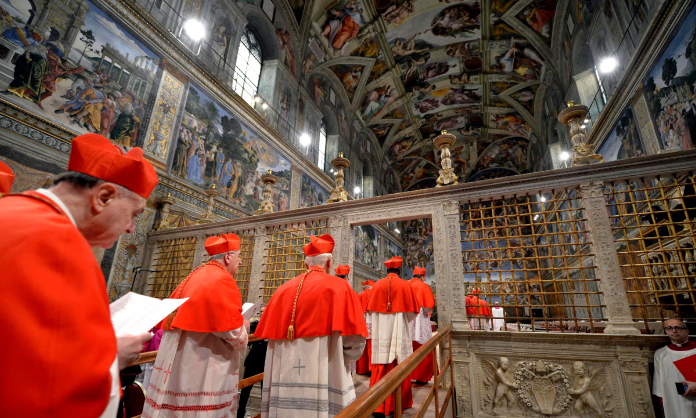As the Catholic Church prepares to enter its sede vacante period following Pope Francis’ demise, attention turns to the conclave that will elect his successor.
The process, steeped in centuries-old tradition, will see 138 cardinal electors under 80 years old gather in the Sistine Chapel for a secret ballot. Four voting rounds will occur daily until a two-thirds majority is reached, a system that produced Francis in just two days in 2013.
The election hinges on whether cardinals prioritise continuity with Francis’ progressive reforms or a return to doctrinal conservatism. Below are the leading contenders shaping the debate:
Progressive continuity candidates
Cardinal Luis Tagle (Philippines, 67). Known as the “Asian Francis,” Tagle is a frontrunner to extend the late pope’s emphasis on social justice and inclusivity. As head of the Vatican’s evangelisation office, he championed outreach to marginalised communities.
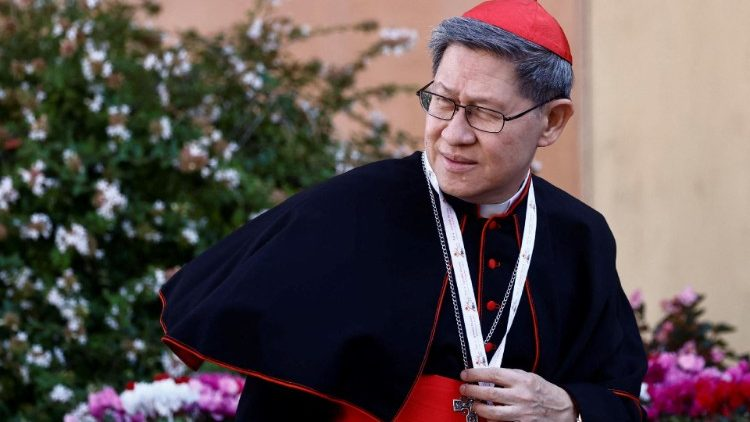
His Filipino-Chinese heritage and pastoral charisma position him as a symbol of Catholicism’s growth in Asia, home to rising congregations. Critics, however, question his administrative experience, a potential hurdle in managing Vatican bureaucracy.
Cardinal Matteo Zuppi (Italy, 69). A “street priest” aligned with Francis’ focus on the poor, Zuppi gained prominence as the Vatican’s peace envoy to Ukraine and Russia. His openness to blessing same-sex unions and interfaith dialogue mirrors Francis’ pastoral pragmatism. Yet his liberal stances risk alienating conservatives.
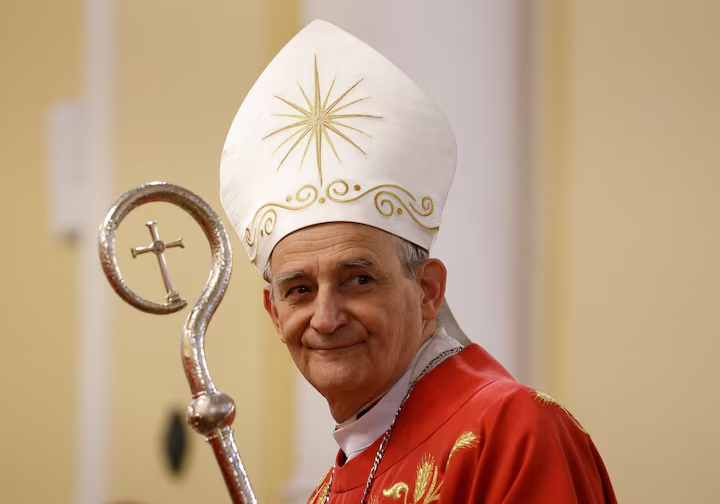
Cardinal Jean-Marc Aveline (France, 66). A rising star dubbed “John XXIV” for his reformist zeal, Aveline bridges Mediterranean cultures and advocates for migrant rights.
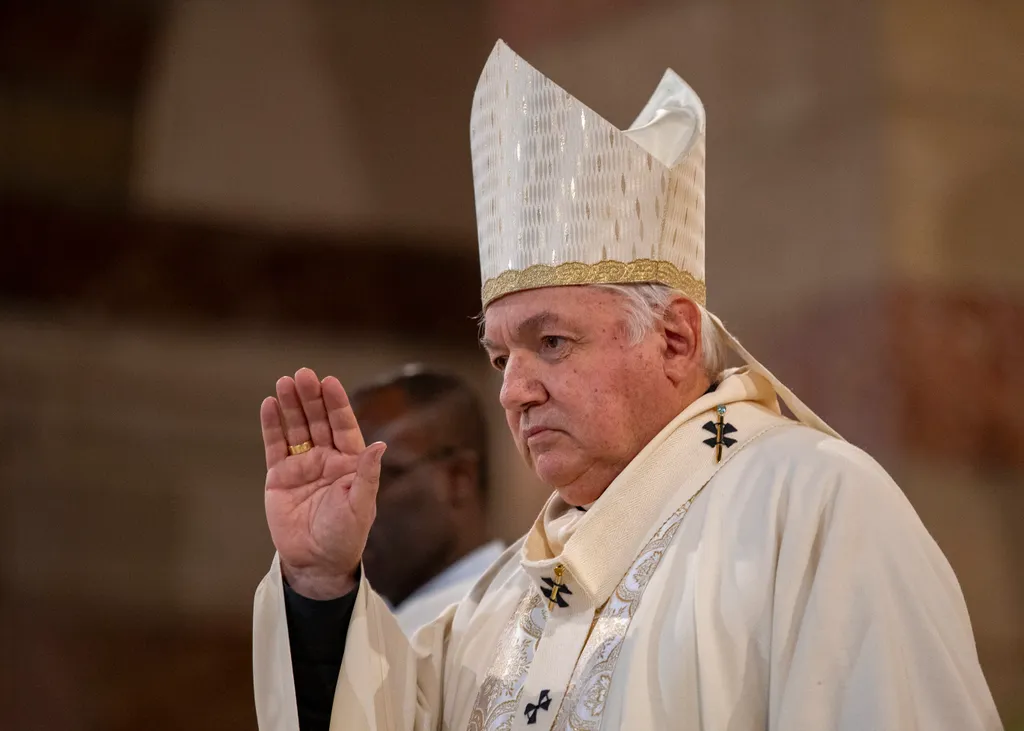
His grassroots appeal and intellectual rigour—bolstered by organising a major Vatican conference in 2023—make him a dark horse.
Moderate bridge-builders
Cardinal Pietro Parolin (Italy, 70). Francis’ longtime Secretary of State and a seasoned diplomat, Parolin is seen as a stabilising force. He negotiated the Vatican’s controversial China deal, balancing doctrinal integrity with realpolitik. While critics accuse him of compromising with Beijing, supporters argue he averted schism.
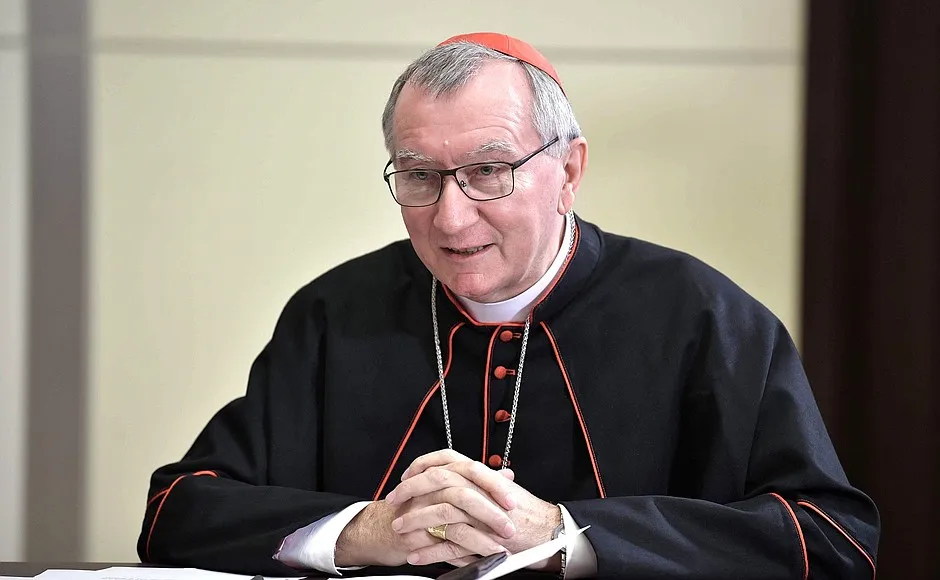
Cardinal Mario Grech (Malta, 68). Initially a conservative, Grech evolved into a Francis ally, advocating for LGBTQ+ inclusion and synodal reforms. As Synod of Bishops secretary, he pushed decentralisation—a key Francis legacy.
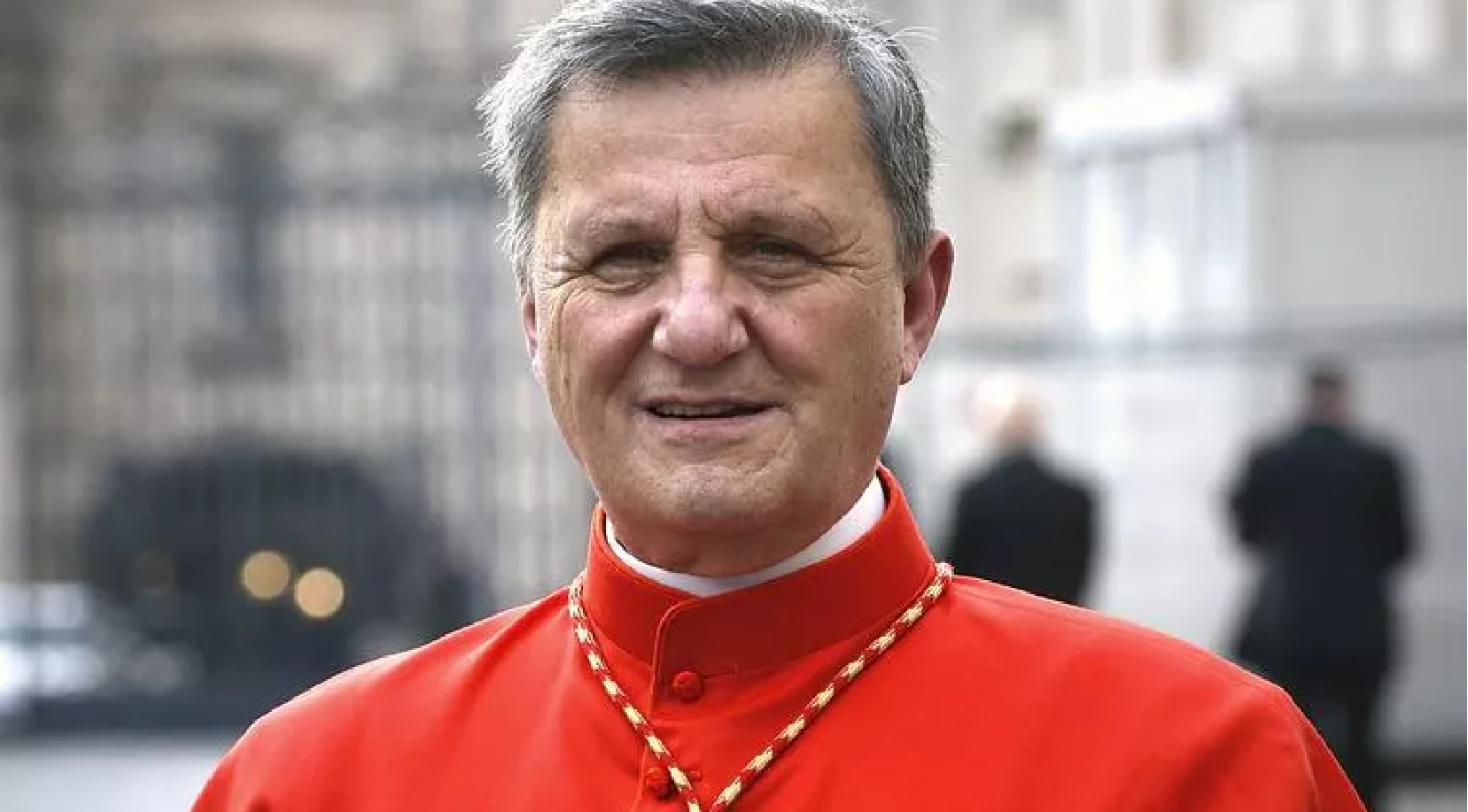
His small-nation background and conciliatory tone could unite factions, though hardliners like Cardinal Müller dismiss his theological credentials.
Conservative challengers
Cardinal Péter Erdő (Hungary, 72). A traditionalist canon lawyer, Erdő emphasises Europe’s Christian roots and opposes Francis’ migration policies, aligning with Hungary’s Prime Minister Viktor Orbán. Despite clashing with progressives, his pragmatic rapport with African bishops—forged through EU-Africa dialogues—positions him as a compromise candidate for conservatives seeking global reach.
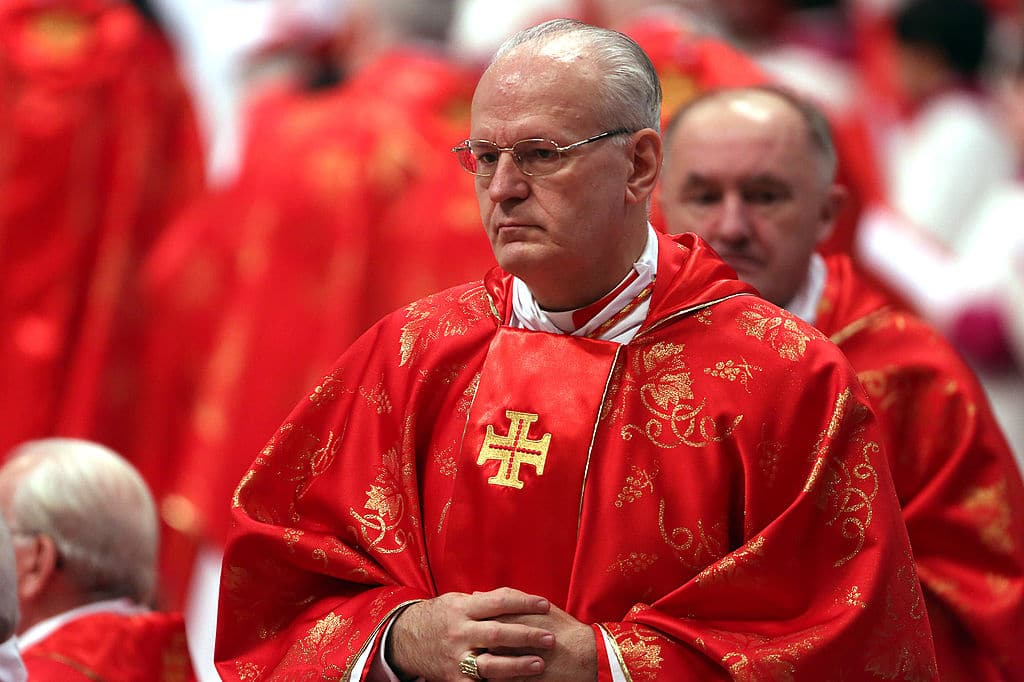
Cardinal Robert Sarah (Guinea, 79). A lightning rod for traditionalists, Sarah co-authored a defence of clerical celibacy with Benedict XVI, directly challenging Francis’ Amazon reforms. His staunch opposition to “gender ideology” and liturgical orthodoxy appeals to those craving a John Paul II-style papacy, though his age and polarising reputation dim his prospects.
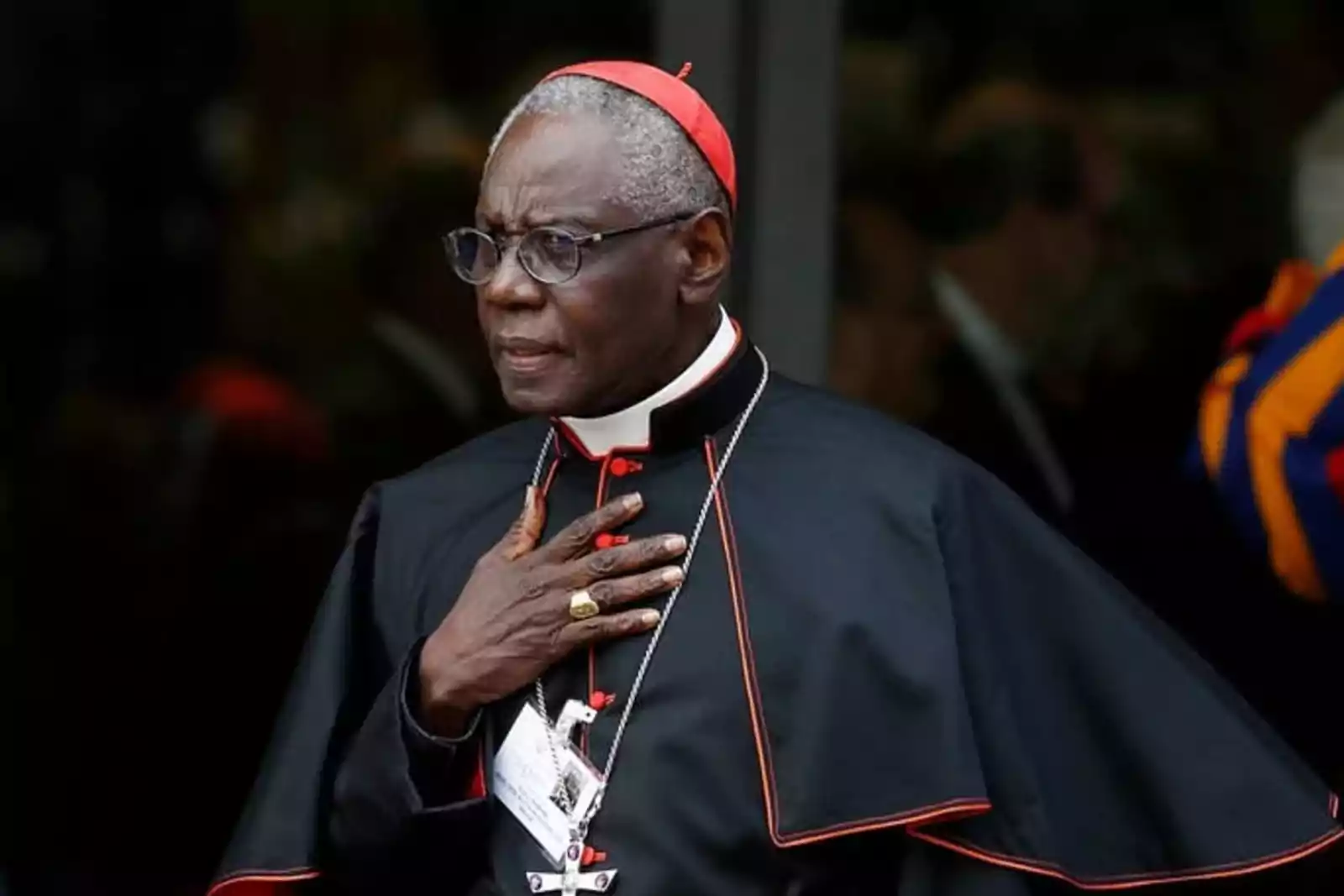
Cardinal Gerhard Müller (Germany, 77). Though not listed in the user’s initial contenders, Müller emerges from search results as a vocal critic of Francis’ synodal path.
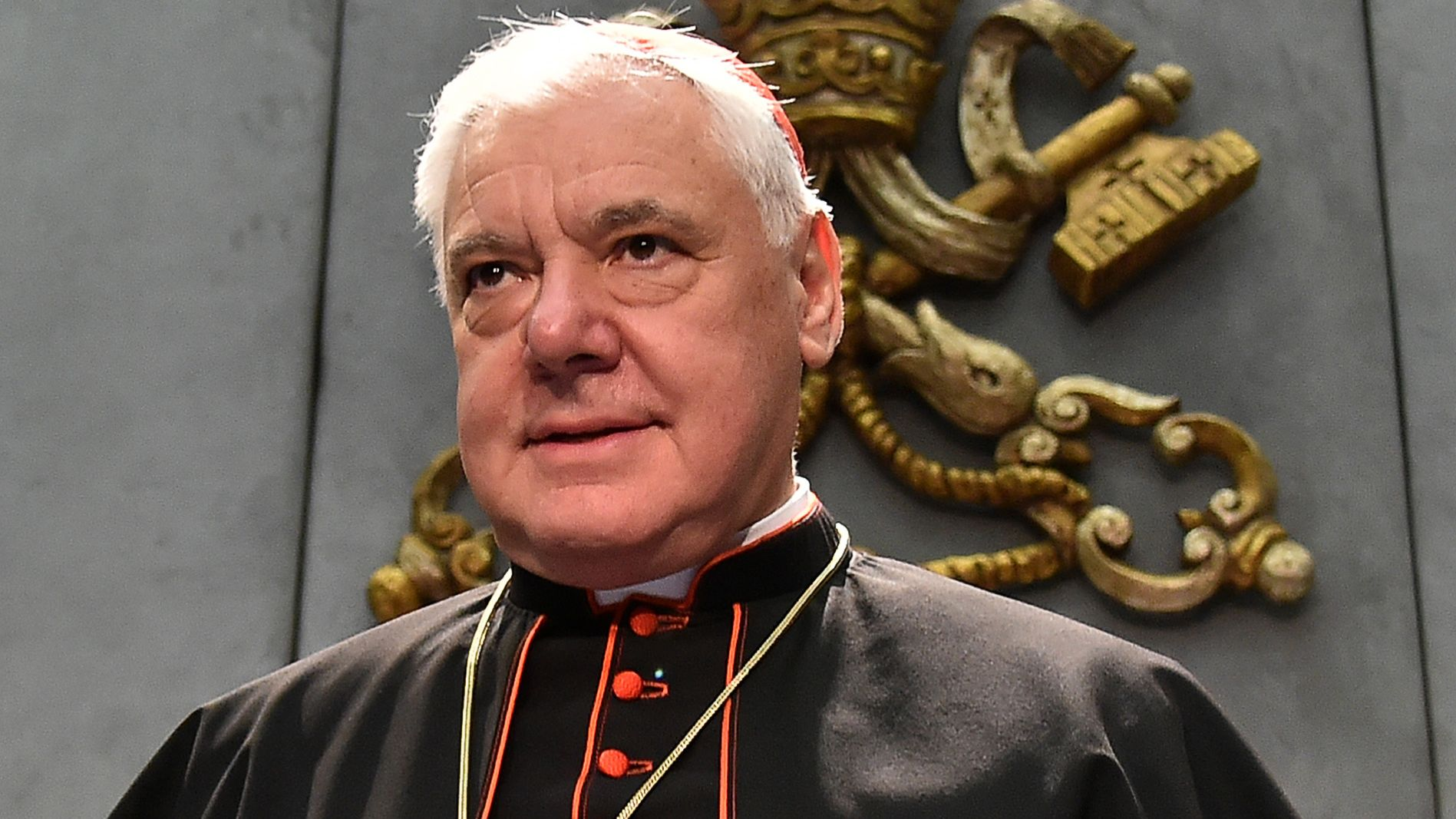
His dismissal of Grech and insistence on doctrinal purity galvanises conservatives, yet his combative style may alienate moderates.
Wildcards and historic firsts
Cardinal Fridolin Ambongo (DR Congo, 65). A rising African voice, Ambongo united African bishops against blessing same-sex unions in 2023. His orthodoxy on morality and advocacy for social justice could attract both conservatives and reformers, positioning him as a potential first Black pope in centuries.
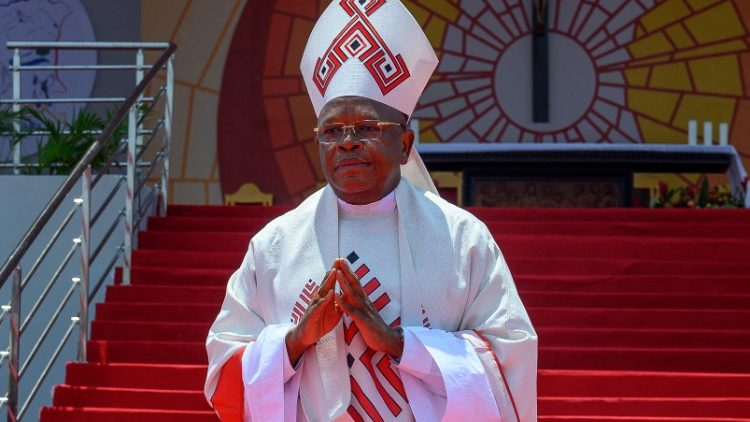
Cardinal Marc Ouellet (Canada, 80). Despite exceeding the age limit in some reports, Ouellet’s influence persists. A Benedict XVI appointee, he balanced doctrinal rigour with pastoral sensitivity, overseeing bishop selections worldwide. His age and ties to the previous papacy, however, may deter cardinals seeking renewal.
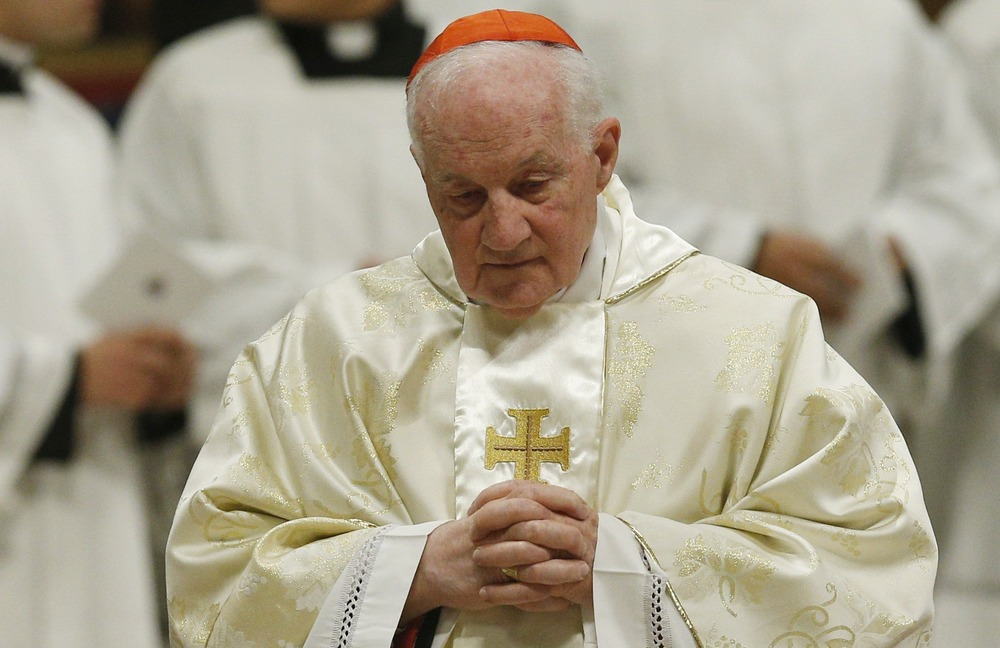
With 72% of electors appointed by Francis, the conclave could cement his legacy—or reveal latent dissent. Progressives like Tagle or Zuppi would likely advance inclusivity, while Erdő or Sarah might roll back reforms. Moderates like Parolin or Grech offer middle-ground stability. Yet as history shows, dark horses often prevail.
Cardinals gathered at the Vatican have declared Saturday at 10 a.m. to be the day and time of Pope Francis’ funeral after his passing on Monday at the age of 88. The first images of Pope Francis were released on Tuesday, showing him in a wooden coffin, wearing red vestments and a bishop’s mitre, while the Vatican secretary of state prays over him in the chapel of the Domus Santa Marta hotel where he lived.
